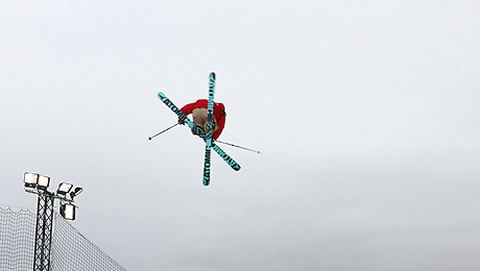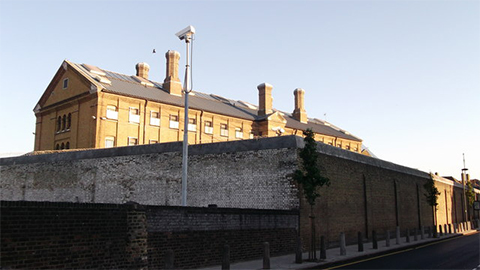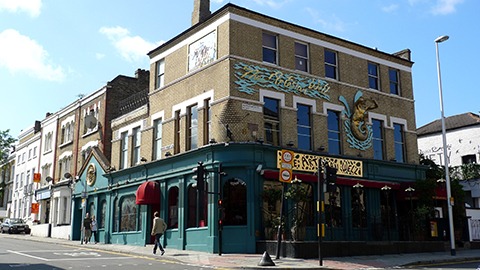
As the winter sun rose over the Old Royal Naval College’s historic gates, so too did an arc of rainbow-coloured gloves waving picket signs and banners.
Staff and students at the University of Greenwich spoke out against overwhelming workloads and pay inequality as three days of nationwide university strikes began on December 1.
Greenwich university staff picketed in front of the western gate of College Way as part of widespread strike action by the University and College Union (UCU).
UCU members make up about 20 per cent of staff at Greenwich University.
After 13 years at Greenwich, senior lecturer Samina Qureshi shared her frustration with the management’s focus on profit: “We’re meant to be drivers in education and it’s just become this banking system, and it’s a shame,” she told SouthLondonLines from the centre of the picket line.
“I train teachers who are teaching our future… even teachers are so overworked,” she added.
Qureshi is passionate about the cause but equally, admits to a deep and abiding sympathy for students affected by the strike: “If they’re taking fees from students, they’re not getting that education are they? It’s just this idea of [the] consumer, and we’re service providers.”
She was one of several protestors waving signs and encouraging passing vehicles to honk their horns in support of the strike action. Some drivers did so, and waved in support, whilst others simply drove on towards the main road.
Ruth Ballardie, co-chair of the UCU branch for the University of Greenwich, said the “vibrant picket line of energised academics” was fighting against a gross workload and the attendant stress.
Speaking calmly against a backdrop of chatter, music and traffic noise from the busy road, Ballardie criticised the university management for failing to communicate with dissatisfied staff. “The management are saying ‘we’re so disappointed in you for having this strike because we’ve done so much for you’ – we are still working a 55-hour week,” she said.
Ballardie, who specialises in the sociology of work and organisation, echoed Qureshi in implying the need for justice at a systemic level. In reference to unfilled new positions, she said she had “asked at least 10 times (but)…we don’t know how many of the new posts created have been filled”.
The current workloads, she said are unsustainable, and particularly affect “women, people with parental responsibilities, and the disabled”. Ballardie also highlighted the disproportionate effect of overworked staff on BAME and new students. Short-term staff contracts also affect the teaching environment, she said.
The strikers are highlighting a larger theme, one that UCU general secretary Jo Grady explained as follows: “The truth is staff are asking for the bare minimum in a sector awash with money.”
Also at the picket line were student representatives of the Greenwich Marxist Society.
Gabriel, a society rep who only gave his first name, said: “Staff are obviously striking against the Uni management that are basically corrupt parasites.”
“It’s a necessary step,” agreed Kyle, another Marxist Society protester who also declined to give his surname.
Both Gabriel and Kyle said they had also recently protested at Goldsmiths in neighbouring Lewisham, where the local branch of the UCU is leading the second of three weeks of strikes on issues specific to the college.
But not everyone was so enthused.
Daniel Jones, a second-year Business Computing student, said: “It sucks travelling one hour 45, just to then find out the class ain’t on…An annoying inconvenience for something I do not understand”.
The Greenwich Student’s Union has offered a fairly neutral statement on the strikes, limiting itself to encouraging dialogue between the two parties. In a statement issued on November 26, Greenwich University said it had already implemented the pay awards and is reviewing the gender pay gap and staff workloads.
But to Ballardie, Qureshi, and everyone else protesting outside the Old Royal Naval College, this was clearly not enough.
Ballardie said the struggle on the picket line was about a larger issue, re-imagining the way university teachers work and creating “a new workload model”.
She added: “We get everyone behind us, we get a voice.”
It remains to be seen how far the voice will carry.



